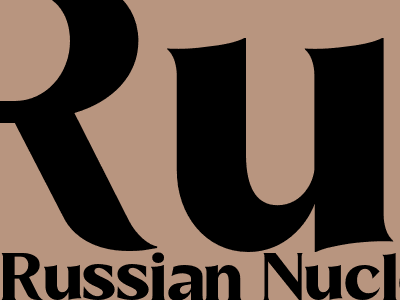
Russia's Nuclear Threats: A Comprehensive Analysis
Understanding the Context
Russia's recent nuclear threats have heightened global tensions, leading to concerns about the potential consequences. To fully grasp the situation, it's crucial to delve into the historical, political, and military factors shaping Russia's actions.Historically, Russia has relied on its nuclear arsenal as a deterrent against external aggression. During the Cold War, the Soviet Union engaged in a nuclear arms race with the United States, resulting in a significant proliferation of nuclear weapons. After the collapse of the Soviet Union, Russia inherited much of this nuclear arsenal.
Politically, Russia's nuclear posture is influenced by its geopolitical position. Sharing borders with numerous countries, Russia perceives itself as vulnerable to potential threats. This perception has led to a reliance on nuclear weapons as a means of self-preservation.
Military Implications
The Russian nuclear arsenal consists of a diverse range of ballistic missiles, cruise missiles, and nuclear submarines. These weapons are designed to deliver nuclear warheads to targets around the globe. Russia's military doctrine emphasizes the use of nuclear weapons in response to existential threats or attacks on its territory.The deployment of nuclear weapons by Russia raises concerns about the potential for escalation. The use of even a single nuclear weapon could trigger a devastating chain reaction. This has prompted calls for arms control and diplomatic efforts to reduce nuclear tensions.
International Reactions
Russia's nuclear threats have been met with widespread condemnation by the international community. The United States and its allies have denounced the threats as irresponsible and dangerous. The United Nations has called for restraint and adherence to international law.Amidst the international outcry, there have also been calls for dialogue and diplomacy. Some experts believe that engaging with Russia can help reduce tensions and prevent further escalation. However, others maintain that Russia's actions must be met with strong deterrence.